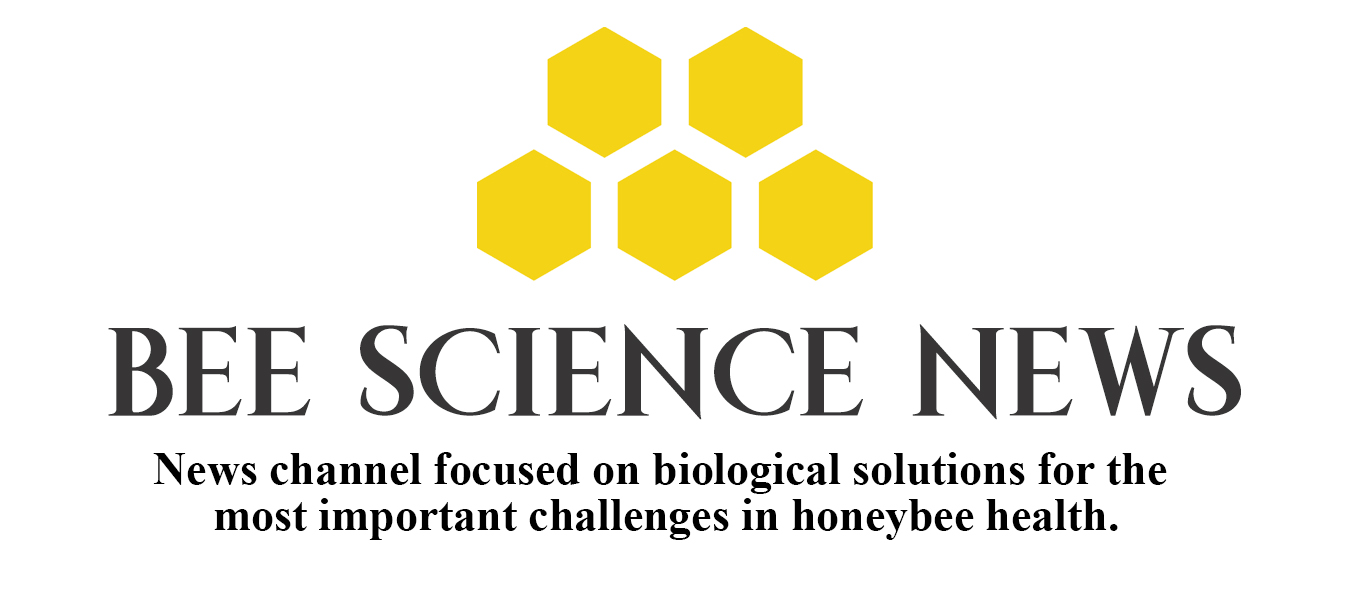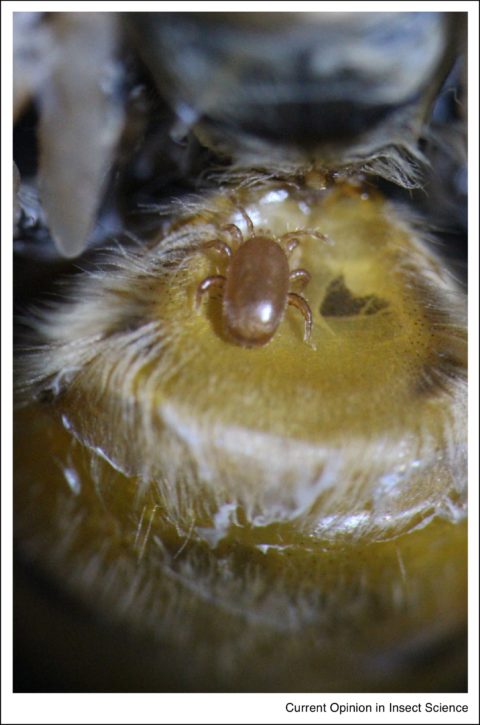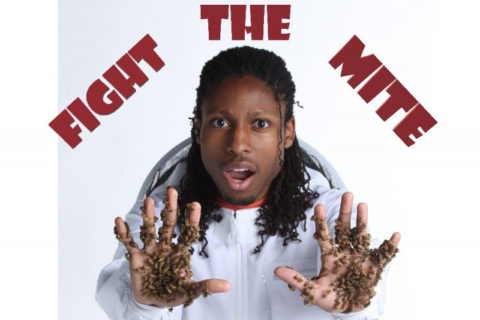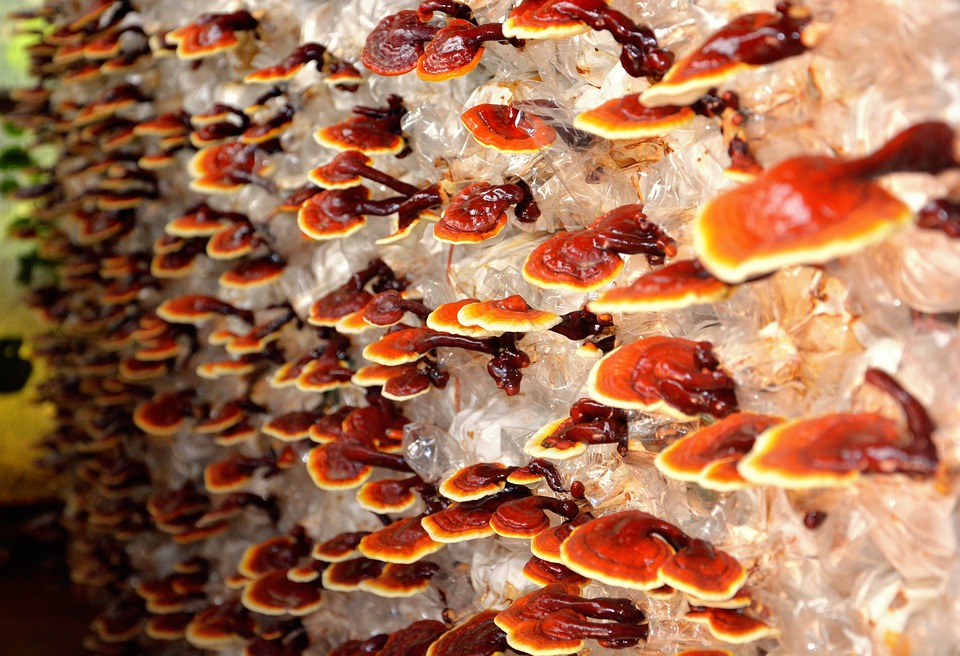Category: Bee Headlines in the News
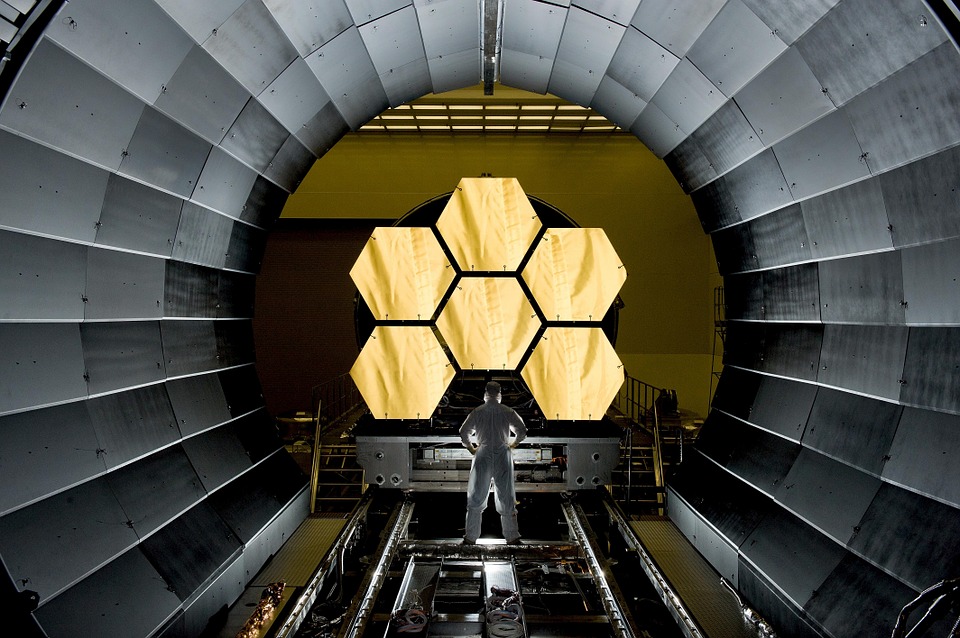
May Science News Digest
An assessment of pesticide exposures and land use of honey bees in Virginia The goal of this study was to…

April Science News Digest
Stay up to date on that latest in honeybee research and news!
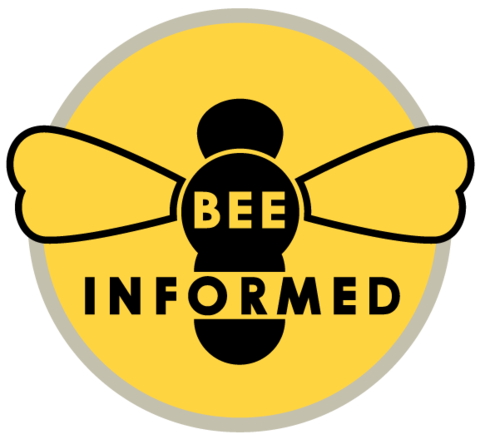
What Works? Digging through Bee Informed Partnership (BIP) data.
This April as the 2018-2019 results start to come in, it is important to understand how to utilize the BIP data as an objective way to prepare for the season by seeing which beekeeping practices work.
February/March Science News Digest
Stay up to date on that latest in honeybee research and news!
Tropilaelaps mite: A Fate Worse than Varroa
Dr. Ramsey fundamentally changed our understanding of Varroa mites in his most recent publication Varroa destructor feeds primarily on honey bee fat body tissue and not hemolymph. He has since uncovered a pest potentially more dangerous than Varroa – Tropilaelaps.

Find Out What Pesticides Are Lurking in Your Hives
Nancy Ostiguy from Pennsylvania State University Center for Pollinator Research analyzed pesticide residues in pollen and wax comb samples found in apiaries from University of Maine, USDA-ARS at Baton Rouge, University of Florida, University of Minnesota and Washington State University.
Dr. Ramsey Fundamentally Changes Our Understanding of Varroa destructor Mites
Much of the knowledge about Varroa was derived from closely related parasitic and predatory mites. Assumption that Varroa mites were blood-sucking was propagated by “chain citing” an English-language study referring to rudimentary Russian-language Varroa publications. However, there are some important differences that prompted Dr. Ramsey to investigate this assumption and conclude that Varroa destructor feeds primarily on honey bee fat tissue and not hemolymph.

January – Science News Digest
Stay up to date on the latest in honeybee research and news!
The Problem with Fipronil
Beekeepers struggle to find safe, natural ways to eliminate SHB. Milwaukee, WI based company Strong Microbials Inc has a product in the pipeline that offers natural, microbial based solutions for SHB.
Antiviral Properties of Mushroom Extracts
Researchers and Oregon based company, Fungi Perfecti, test the anti-viral effects of mushroom extracts in honey bees.
